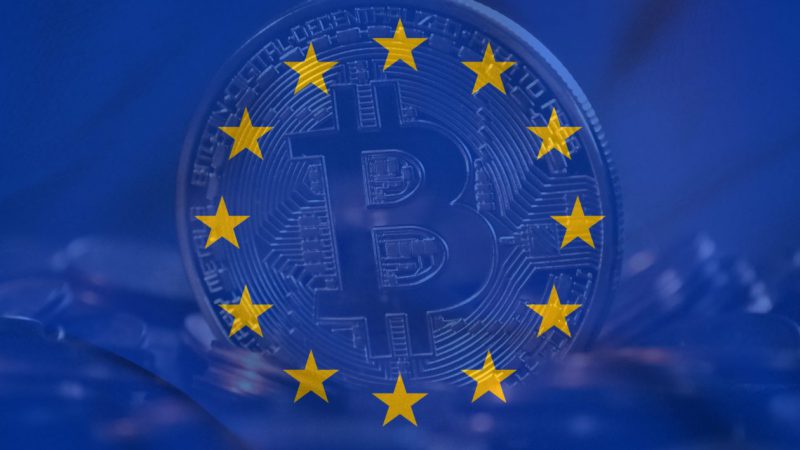The European Union now has its first set of rules to govern the crypto industry. On Thursday, April 20, European lawmakers voted in favor of MiCA, the jurisdiction’s new crypto licensing regime. The same passed with a majority of 517-38. Regulators parallelly voted in favor [529-29] of another separate law called the Transfer of Funds regulation. The same requires crypto operators to identify their customers in an attempt to cease money laundering.
Recently, European Financial Services Commissioner Mairead McGuinness said that she expected the legislation to come into effect in July, after it is formally approved by the bloc’s 27 member states. It should be noted that specific requirements come into force gradually. For instance, the rules to govern stablecoins will likely take effect from July 2024.
European Union’s rule set for crypto, MiCA, has been in development for around three years. Several crypto community members have lauded the policies, drawing a comparison with the U.S.’s unhealthy governing via enforcement mechanisms. Nevertheless, MiCA has also managed to garner its own share of criticism, with people labeling the laws to be dated even before it has taken effect.
Also Read: After France, Hong Kong Now Intends to Regulate DeFi
The start of a new regulatory era
McGuinness said during the parliamentary debate that the crypto market is “still too small” to trigger systemic risks. However, she pointed out that it is known that there are “increasing links” between crypto markets and traditional financial services. She added,
“We are putting safeguards in place that would prevent companies active on the EU market from engaging in some of the practices that led certain crypto asset operators to collapse. As we have seen in recent months, stringent rules and supervision are very much needed because we’ve had the collapse of projects such as FTX, Terra Luna, Celsius and Voyager.”
According to Ernest Urtasun, a parliament member for the Greens, the final green flag “marks the start of a new era of regulatory scrutiny on unregulated crypto markets, which have caused massive losses to many first-time investors and provided a safe haven to fraudsters and criminal organizations for over a decade.” Yet “important regulatory challenges remain unaddressed.” Urtasun added that new actions are needed to complete MiCA’s goal.
In other related news, a recent report funded by the European Union chalked out the use of digital assets in darknet markets in the EU. The report called for tougher identity checks on crypto exchange users. This had been recommended to control the usage of darknet markets to buy illegal substances.
Also Read: ‘Outright’ Crypto Ban Is Not Effective To Tackle Crime: EU-Backed Report





